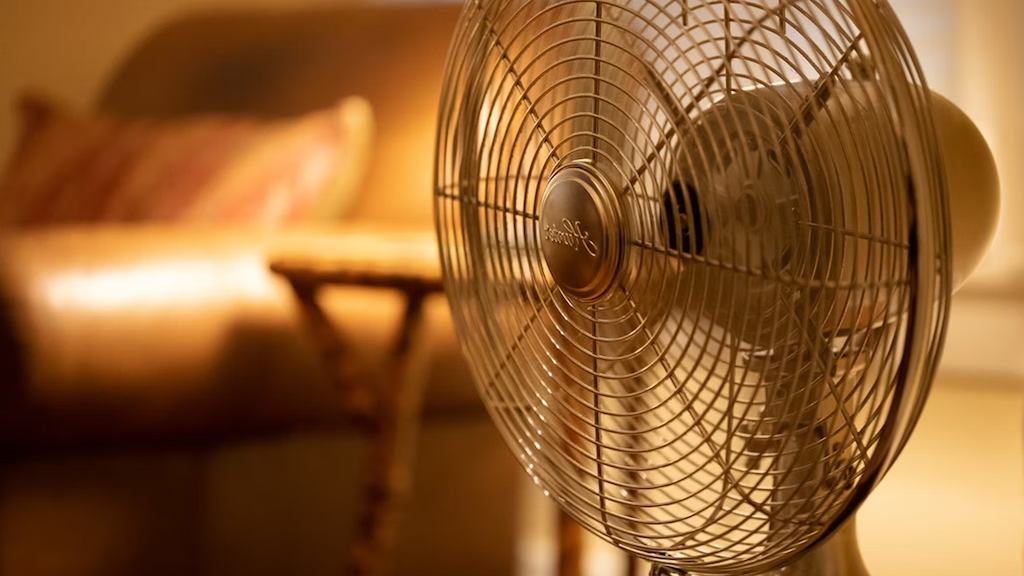“Current estimates indicate that the average number of heat-related deaths in this country could triple to 7,000 every year by the 2050s. This is an appalling scenario, and one that we should be doing all we can to avoid.
“Too many people are living in poor-quality homes that put their health, and lives, at risk in extreme temperatures, whether that be in the height of summer or the depths of winter. When building new homes or retrofitting existing homes, we need to consider how to keep homes cool in summer, as well as warm in winter. People also need access to information and advice if there are issues with overheating in their homes.
“This change in our nation’s climate is already set in motion. But we can mitigate some of the worst of its impact by building better quality homes that offer people shelter from extreme weather while also giving people better support to improving the state of their homes.”
Among the groups identified by the government as at heightened risk from increased temperatures are older people and the very young, people with pre-existing medical conditions and people from minoritised ethnic households. The body’s ability to regulate body temperature worsens with age, and millions experience respiratory and cardiovascular conditions. There are more than 3 million people aged 65 and above living with these conditions who are statistically more likely to have their health impacted by a heatwave.
Increasingly hot summers are also likely to put emergency services under increasing pressure. Warm days cause an additional 12,000 hospital admissions a year and, in the heatwave of 2022, the London Ambulance Service was receiving a 999 call every 13 seconds. To tackle the country’s poor quality housing crisis which leaves 7.5 million people living in unsafe homes in England, the Centre for Ageing Better is calling on the government to ensure that provisions for housing quality are included in the upcoming Housing Strategy.
We are also calling for people to have better access to support and information on making improvements to their homes through a national network of one-stop shops for home improvement services, known as Good Home Hubs.

